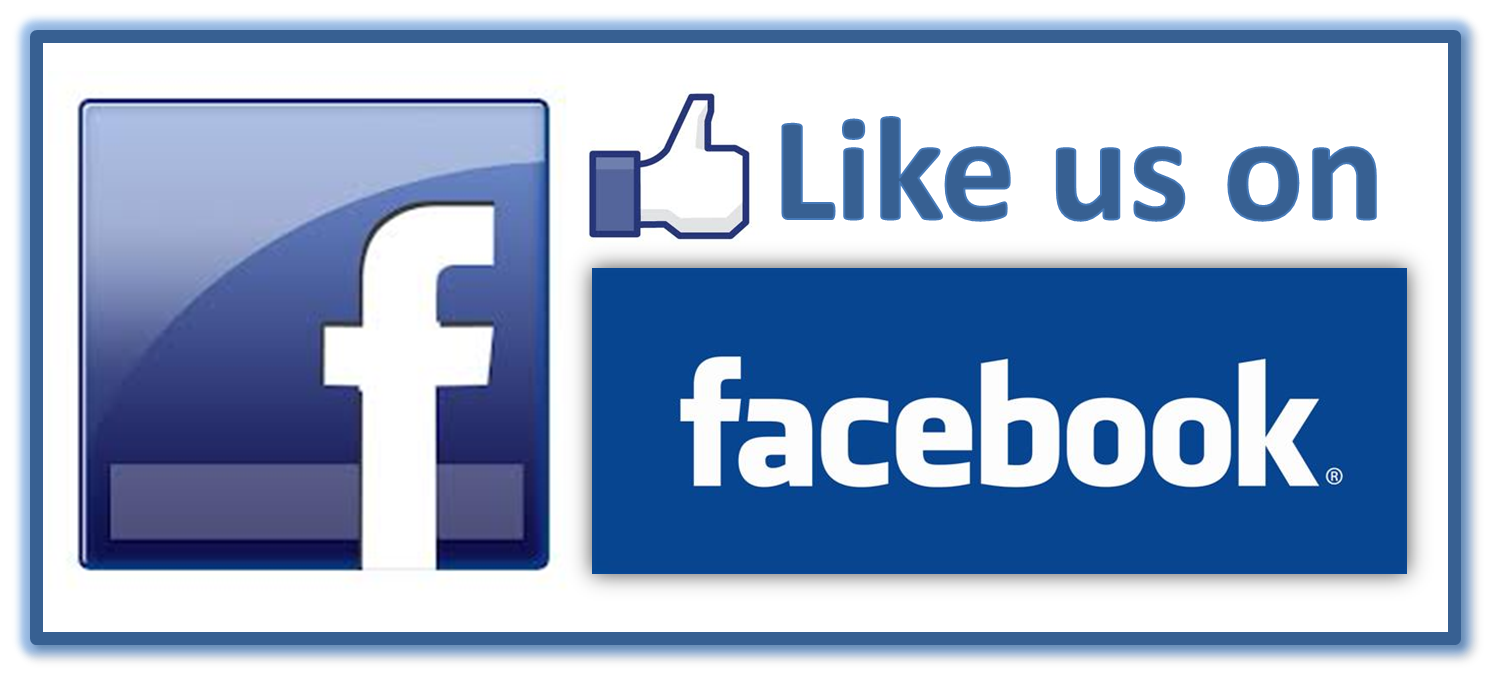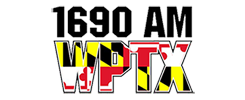As the holiday season fast approaches, the National Fire Protection Association® (NFPA®) has launched an expanded series of resources, guidelines, and information in response to the growing number of fires caused by lithium-ion batteries that power micromobility devices such as e-bikes and e-scooters, smaller electronics such as cell phones and laptops, and electric vehicles. As the use of these items has increased in recent years, so, too, has the number of fires associated with them.
“Lithium-ion batteries are increasingly found in the many devices and systems we use every day,” said Lorraine Carli, vice president of Outreach and Advocacy at NFPA. “With this greater use, however, we are seeing an increase in dangerous related fires. As the holidays near and consumers are purchasing devices that use lithium-ion batteries, NFPA is helping to educate the public about the risks associated with these batteries and ways to prevent them.”
The new online resources from NFPA feature more detailed information about how lithium-ion batteries catch fire, the proper disposal methods for these batteries, and what tips people can follow to stay safe when buying, charging, storing, and using lithium-ion batteries. Resources for safety educators and consumers, including a 10-minute lesson plan, social media cards, and safety tip sheets, are all free and downloadable.
NFPA recommends these tips when buying, charging, storing, and using lithium-ion batteries to help prevent fires:
-
Only purchase and use devices, batteries, and charging equipment that are listed by a nationally recognized testing lab and labeled accordingly.
-
Use charging equipment that is only compatible with your device. To be safe, use only the charging equipment that is supplied with your device.
-
Do not keep charging the device or device battery after it is fully charged.
-
Do not put lithium-ion batteries in the trash. Recycling is always the best option. Take the batteries to a battery recycling location or contact your local waste department for disposal instructions.
-
Stop using your device if the battery shows signs of damage, such as an unusual odor, excessive heat, popping sounds, swelling, or change in color.
-
Only have device repairs performed by a qualified professional.
Learn more about lithium-ion battery safety, find training information, and download free safety tip sheets at nfpa.org/lithiumionsafety.
For this release and other announcements about NFPA initiatives, research, and resources, please visit the NFPA press room.
About the National Fire Protection Association® (NFPA®)
Founded in 1896, NFPA® is a global self-funded nonprofit organization devoted to eliminating death, injury, property and economic loss due to fire, electrical and related hazards. The association delivers information and knowledge through more than 300 consensus codes and standards, research, training, education, outreach and advocacy; and by partnering with others who share an interest in furthering the NFPA mission. For more information, visit www.nfpa.org. All NFPA codes and standards can be viewed online for free at www.nfpa.org/freeaccess.









